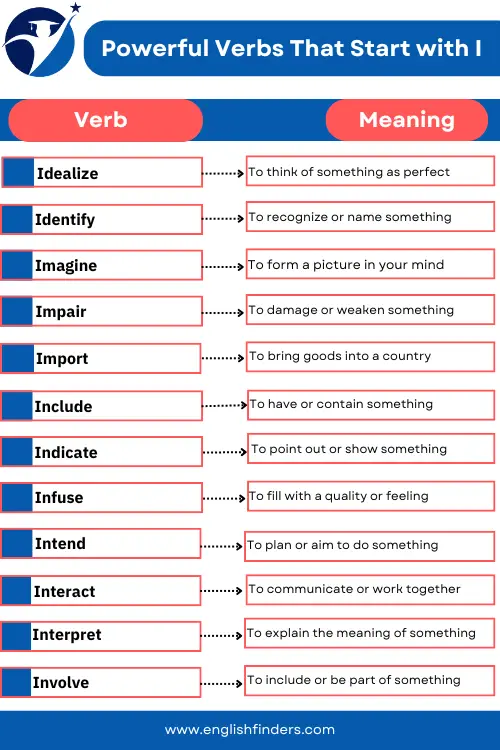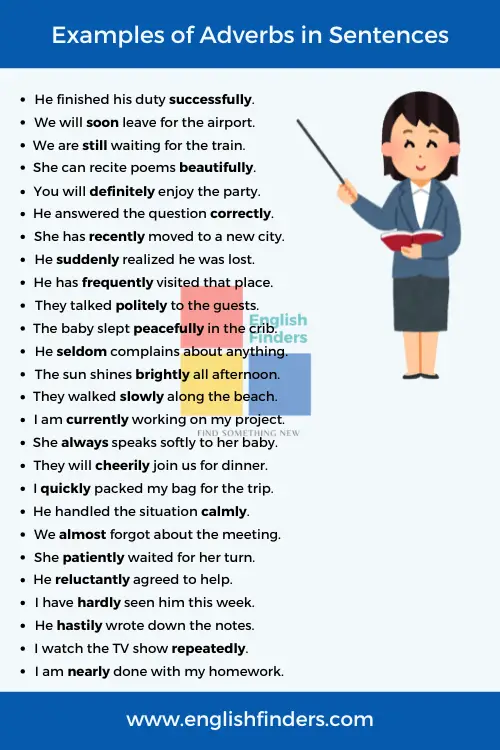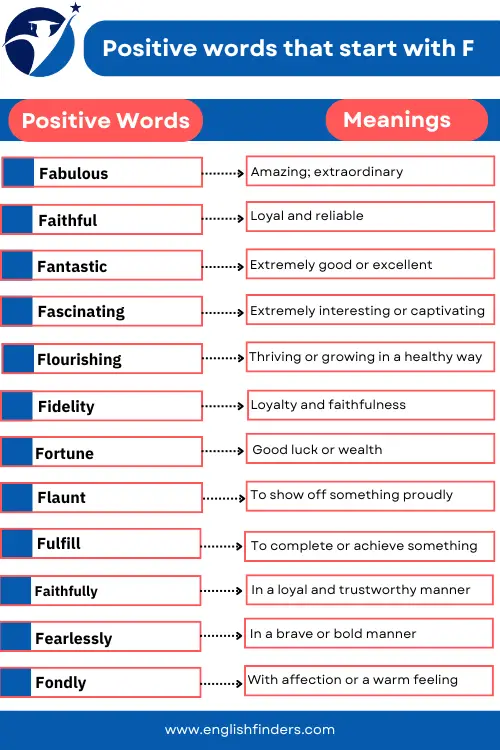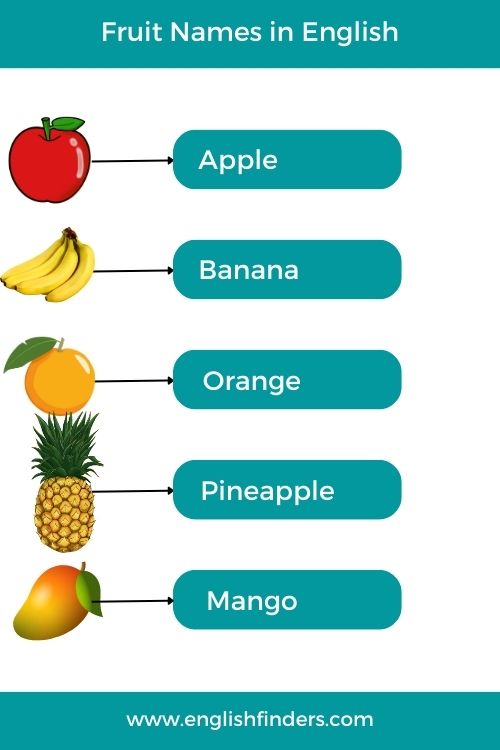In this lesson, we’re going to explore 50 powerful verbs that start with I. These verbs may seem simple, but they can add a lot of strength and variety to your vocabulary. From “imagine” to “inspire,” these words will help you express your thoughts more confidently in both writing and speaking.
We’ll walk you through each verb with a short meaning and a sentence example to show how it’s used. And don’t worry — we’ve also included a fun worksheet at the end to help you practice and remember what you’ve learned.
List of 50 Powerful Verbs That Start with I
Quick Navigation
Here is a list of 50 powerful verbs that start with I, along with their meanings and example sentences. These verbs will help you improve your English vocabulary and express your ideas more clearly. Each verb is easy to understand and perfect for everyday use.
| Verb | Meaning | Example Sentence |
|---|---|---|
| Idealize | To think of something as perfect | She tends to idealize her favorite movie stars. |
| Identify | To recognize or name something | Can you identify your suitcase at the airport? |
| Ignite | To set something on fire or spark interest | His speech ignited a lot of excitement. |
| Ignore | To pay no attention to someone or something | Please don’t ignore the teacher’s instructions. |
| Illustrate | To show something with pictures or examples | Let me illustrate that point with a drawing. |
| Imagine | To form a picture in your mind | Try to imagine life without electricity. |
| Imitate | To copy someone’s behavior or actions | The baby likes to imitate her older brother. |
| Immerse | To become fully involved in something | He immersed himself in learning English. |
| Impair | To damage or weaken something | Loud music can impair your hearing. |
| Impart | To give or share knowledge or information | The teacher imparted wisdom to her students. |
| Impede | To slow down or block progress | Heavy traffic can impede emergency vehicles. |
| Imply | To suggest something without saying it directly | Are you implying that I’m wrong? |
| Import | To bring goods into a country | We import most of our coffee from Brazil. |
| Impress | To make someone feel respect or admiration | He tried to impress his classmates with his joke. |
| Improve | To make something better | Reading every day will improve your vocabulary. |
| Improvise | To create or perform without planning | The actor had to improvise when he forgot his lines. |
| Include | To have or contain something | The lunch menu includes a drink and dessert. |
| Incorporate | To add or combine something | Try to incorporate new words into your writing. |
| Increase | To become or make more | Practicing daily will increase your fluency. |
| Indicate | To point out or show something | The signs indicate where to go next. |
| Induce | To cause something to happen | The loud music induced a headache. |
| Infect | To spread disease or negative feelings | A cold virus can easily infect others. |
| Influence | To have an effect on someone or something | Parents influence their children’s habits. |
| Inform | To give information | Please inform the teacher if you’re going to be late. |
| Infuse | To fill with a quality or feeling | Her speech infused the crowd with hope. |
| Ingest | To take food or drink into the body | You should ingest vitamins with water. |
| Inhabit | To live in a place | Polar bears inhabit the Arctic. |
| Inhale | To breathe in | She inhaled deeply before starting her speech. |
| Inherit | To receive something from someone (usually family) | He inherited his grandmother’s house. |
| Initiate | To start something | The coach initiated a new training program. |
| Inject | To force something into something else | The nurse injected the vaccine into his arm. |
| Injure | To hurt someone | He injured his leg while playing football. |
| Inquire | To ask for information | I would like to inquire about the English class. |
| Inscribe | To write or carve words into something | They inscribed their names on the trophy. |
| Insert | To put something inside something else | Please insert your card into the machine. |
| Insist | To demand firmly | She insisted on helping with the project. |
| Inspire | To fill someone with the urge to do something | Her story is inspiring many young people. |
| Install | To put in place for use | They installed a new air conditioner. |
| Instruct | To teach or guide | The teacher instructs us to write an essay. |
| Insult | To speak or act rudely toward someone | It’s wrong to insult others, even as a joke. |
| Integrate | To combine things to make a whole | We should integrate new ideas into our learning. |
| Intend | To plan or aim to do something | I intend to finish my homework before dinner. |
| Interact | To communicate or work together | Students should interact more during group work. |
| Interfere | To get in the way of something | Don’t let others interfere with your dreams. |
| Interpret | To explain the meaning of something | Can you interpret this poem? |
| Interrupt | To stop someone while they’re speaking | Please don’t interrupt while I’m talking. |
| Intervene | To step in to help or stop something | The teacher intervened in the argument. |
| Introduce | To present someone or something for the first time | Let me introduce you to my friend Mia. |
| Invent | To create something new | Thomas Edison invented the light bulb. |
| Invest | To use time or money for future gain | You should invest your time in learning. |
| Invite | To ask someone to join or come somewhere | I want to invite you to my birthday party. |
| Involve | To include or be part of something | The project will involve all the students. |
Final Thoughts
Now you’ve explored 50 powerful verbs that start with I, and hopefully, you’ve discovered some new favorites to use in your writing and speaking! These verbs can help you sound more confident, express yourself more clearly, and make your English skills stronger every day.
Remember, learning new verbs isn’t just about memorizing them — it’s about using them! Try writing your own sentences, talking with a friend, or practicing with the worksheet we’ve provided. Even using just a few of these verbs each week can make a big difference.
Frequently Asked Questions
Why should I learn verbs that start with I?
Learning verbs by letter helps you organize and remember them more easily. Verbs that start with I are often powerful and useful in everyday conversations, writing, and schoolwork.
What are some common verbs that start with I?
Some commonly used I verbs include improve, include, identify, inspire, and invite. These verbs are often used in school assignments, casual talk, and storytelling.
How can I remember new verbs more easily?
Try using new verbs in sentences, writing short stories, or playing word games. Flashcards and daily practice also help a lot. Repetition is key to remembering!
✏️ Worksheet: Practice Your I-Verbs
It’s time to put your learning into action! Below is a fun and simple worksheet to help you practice the verbs that start with I. Try to complete each exercise without looking back at the list, but feel free to check if you get stuck. 😊
🔹Part A: Match the Verb to Its Meaning
Draw a line or write the correct letter next to each verb.
| Verb | Meaning |
|---|---|
| 1. Inspire | A. To ask for information |
| 2. Inquire | B. To start something |
| 3. Improve | C. To fill someone with a good feeling |
| 4. Initiate | D. To make something better |
| 5. Include | E. To make part of a group |
🔹Part B: Fill in the Blanks
Use the correct “I” verb from the word bank to complete each sentence.
Word Bank: identify, invite, instruct, interrupt, imagine
- Please don’t __________ while I’m talking.
- The teacher will __________ us on how to solve the problem.
- I want to __________ my best friend to the study group.
- Can you __________ the mistake in this paragraph?
- Try to __________ a world without electricity.
🔹Part C: Create Your Own Sentences
Choose 3 verbs from the list below and write a sentence for each. Be creative!
Verbs to choose from: inspire, interact, invent, increase, ignore
🔹Part D: True or False?
Write True or False for each statement.
- “Improve” means to make something worse.
- “Interrupt” means to stop someone while they’re speaking
- “Include” means to leave someone out.
- “Instruct” means to teach or guide.
- “Initiate” means to stop something.
Answer Key
Here are the correct answers to the worksheet activities. Check your work and see how well you did!
🔹Part A: Match the Verb to Its Meaning
| Verb | Correct Meaning |
|---|---|
| 1. Inspire | C. To fill someone with a good feeling |
| 2. Inquire | A. To ask for information |
| 3. Improve | D. To make something better |
| 4. Initiate | B. To start something |
| 5. Include | E. To make part of a group |
🔹Part B: Fill in the Blanks
- Please don’t interrupt while I’m talking.
- The teacher will instruct us on how to solve the problem.
- I want to invite my best friend to the study group.
- Can you identify the mistake in this paragraph?
- Try to imagine a world without electricity.
🔹Part C: Create Your Own Sentences
Answers will vary. Here are some examples:
- Her kindness can inspire others to do good deeds.
- We love to interact with our classmates during projects.
- Alexander Graham Bell invented the telephone.
🔹Part D: True or False?
- False
- True
- False
- True
- False
You may like these useful links:
- Verbs That Start with D
- Verbs That Start with E
- Verbs That Start with F
- Verbs That Start with G
- Verbs That Start with H

Azizul Hakim is the founder & CEO of englishfinders.com. He is a passionate writer, English instructor, and content creator. He has completed his graduation and post-graduation in English language and literature.




